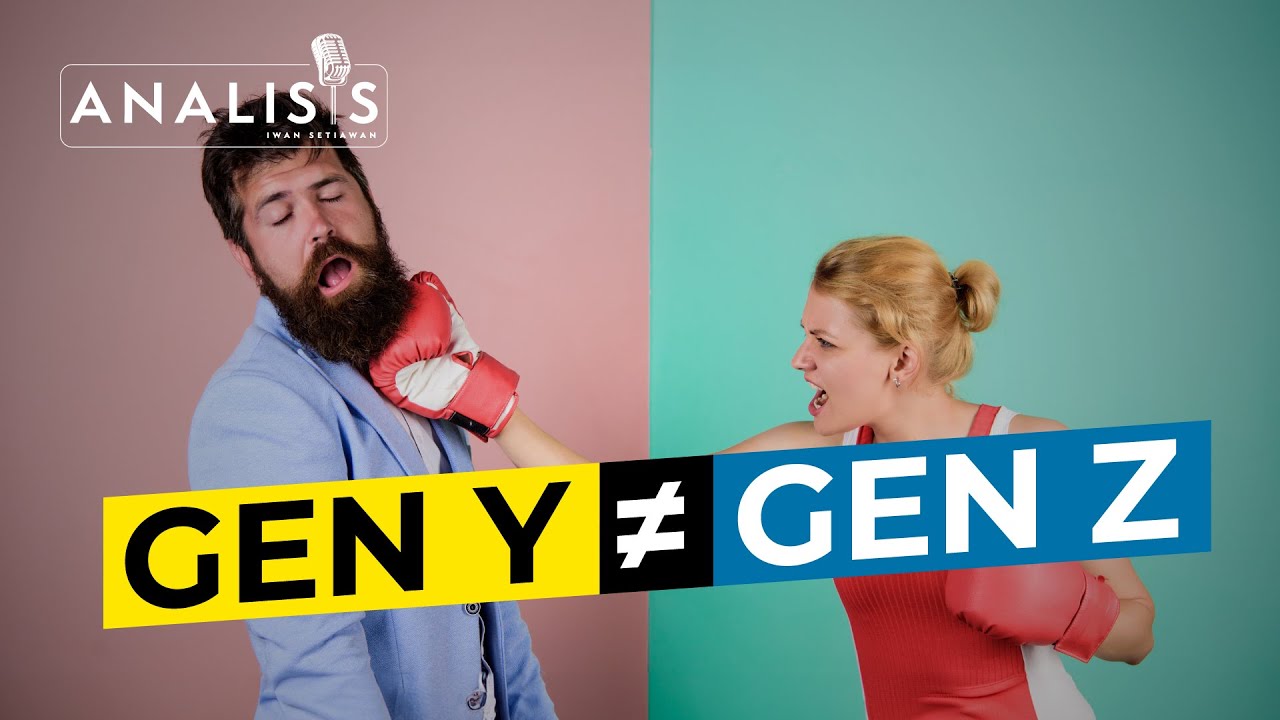Arya Haitami Sofyan_Sisi Gelap Medsos_2025_TTKI-UNDIP_Kelas A
Summary
TLDRThis speech explores the addictive nature of social media, especially among Generation Z, who have grown up with constant internet access. It discusses the psychological effects, such as anxiety, depression, and low self-esteem, caused by the constant comparison to others’ curated lives on platforms like Instagram and TikTok. The speaker highlights the social and productivity-related impacts of excessive screen time and offers practical solutions, including focusing on real-life activities, reducing screen time gradually, implementing digital detoxes, and educating younger generations on healthy social media use. The core message is to regain control of one's life from the grip of social media.
Takeaways
- 😀 Social media addiction is a growing concern, especially among Generation Z, who spend over 7 hours a day online.
- 😀 The overwhelming use of social media, including platforms like Instagram, TikTok, and Twitter, can lead to significant impacts on mental health and well-being.
- 😀 FOMO (Fear of Missing Out) is a common sign of social media addiction, leading to anxiety and compulsive checking of notifications.
- 😀 Constant exposure to 'perfect' online lives can cause negative self-comparisons, low self-esteem, and depression.
- 😀 Social media addiction can lead to sleep disruptions, as excessive use can result in late-night scrolling, impacting focus and productivity the next day.
- 😀 Social media addiction also affects real-life interactions, reducing face-to-face communication and fostering dependency on online validation through likes and comments.
- 😀 Cyberbullying, body shaming, and digital harassment are increasing problems within social media, often overlooked by adults.
- 😀 The constant influx of notifications reduces focus, leads to procrastination, and turns users into passive consumers rather than active creators.
- 😀 Generation Z’s heavy social media usage is often linked to a lack of awareness about digital identity risks, which can lead to psychological instability.
- 😀 Solutions to combat social media addiction include setting screen time limits, practicing digital detox, and engaging in offline activities like reading, writing, or exercising.
Q & A
What is the primary focus of this video script?
-The primary focus is the impact of social media addiction on Generation Z, exploring its effects on mental health, social life, and productivity.
How does the speaker describe the relationship between Generation Z and social media?
-The speaker describes social media as a 'second home' for Generation Z, with platforms like Instagram, TikTok, and Twitter being integral to their daily lives.
What is the phenomenon of FOMO, and how does it relate to social media addiction?
-FOMO stands for 'Fear of Missing Out.' It causes anxiety when someone feels they need to constantly check their phones and social media to avoid being left out of information or social events.
What research does the speaker cite to show how much time Generation Z spends on the internet?
-The speaker cites research from Alvara Research Center in 2022, which shows that Generation Z spends more than 7 hours per day on the internet, indicating a high level of social media usage and potential addiction.
How does social media addiction differ from other forms of addiction like drugs or alcohol?
-Social media addiction is less noticeable than addictions to drugs or alcohol because it doesn't have obvious physical symptoms. It manifests through behaviors like excessive scrolling, checking notifications, or seeking validation through likes and comments.
What psychological effects can social media addiction have on an individual?
-Social media addiction can lead to increased anxiety, depression, low self-esteem, and sleep disturbances due to comparison with others' curated lives and unrealistic beauty standards.
What are some of the signs that someone may be addicted to social media?
-Signs of addiction include constant checking of social media, feeling anxious or uncomfortable without access to it, comparing oneself to others, and staying up late to scroll through feeds.
How can social media addiction affect sleep, and what does the speaker recommend?
-The speaker mentions that late-night scrolling can lead to sleep disruptions and excessive daytime drowsiness. It’s recommended to avoid using screens after midnight and aim to go to bed earlier to ensure better rest.
What social consequences can result from social media addiction?
-Social media addiction can lead to decreased face-to-face interactions, increased reliance on online validation, and a higher risk of cyberbullying. It can also cause social isolation as people become more absorbed in online activities than in real-world relationships.
What solutions does the speaker suggest to combat social media addiction?
-The speaker suggests practicing focus through activities like reading, writing, or exercising, gradually reducing screen time, taking digital detoxes, and educating the youth about healthy social media use.
Outlines

This section is available to paid users only. Please upgrade to access this part.
Upgrade NowMindmap

This section is available to paid users only. Please upgrade to access this part.
Upgrade NowKeywords

This section is available to paid users only. Please upgrade to access this part.
Upgrade NowHighlights

This section is available to paid users only. Please upgrade to access this part.
Upgrade NowTranscripts

This section is available to paid users only. Please upgrade to access this part.
Upgrade NowBrowse More Related Video

The Great Rewiring of Childhood: A Smartphone-Social Media Dystopia

紐約時報暢銷榜冠軍:手機+社群媒體正在重塑青春期孩子的大腦!再不行動就太遲了🥲

Social media and the illusion of intimacy.

Marketing ke Anak Muda Sudah Geser - ANALISIS #53

Un-Social: Wie soziale Medien unsere Gesellschaft bedrohen

You Will Wish You Watched This Before You Started Using Social Media | The Twisted Truth
5.0 / 5 (0 votes)